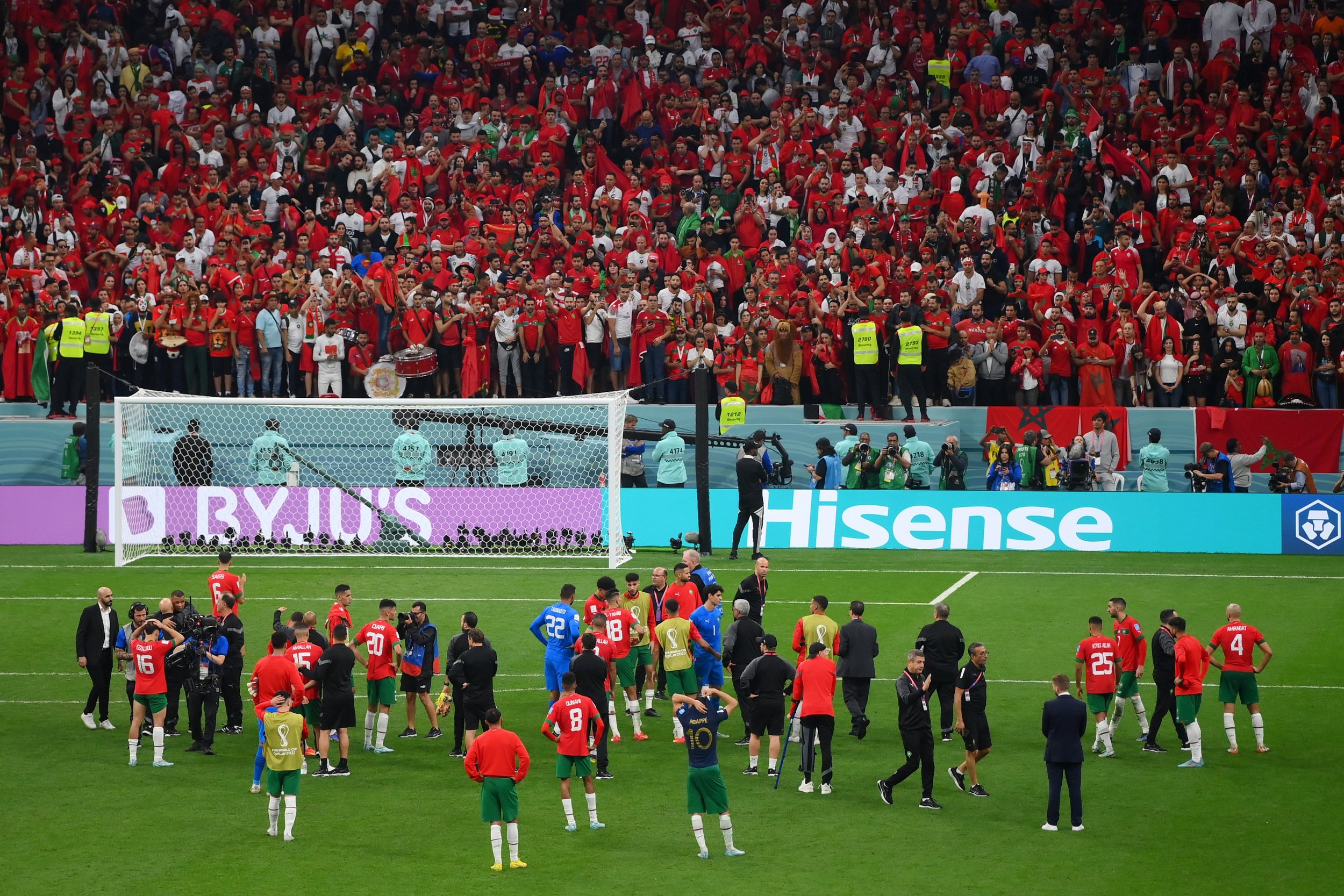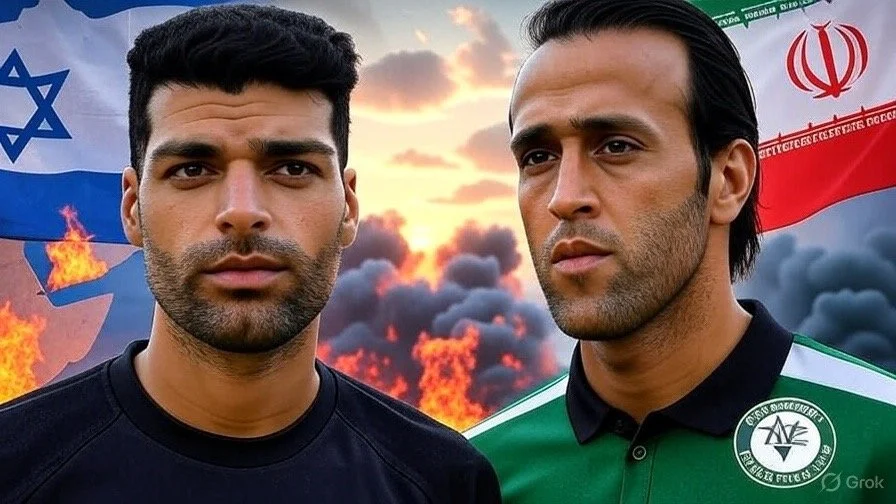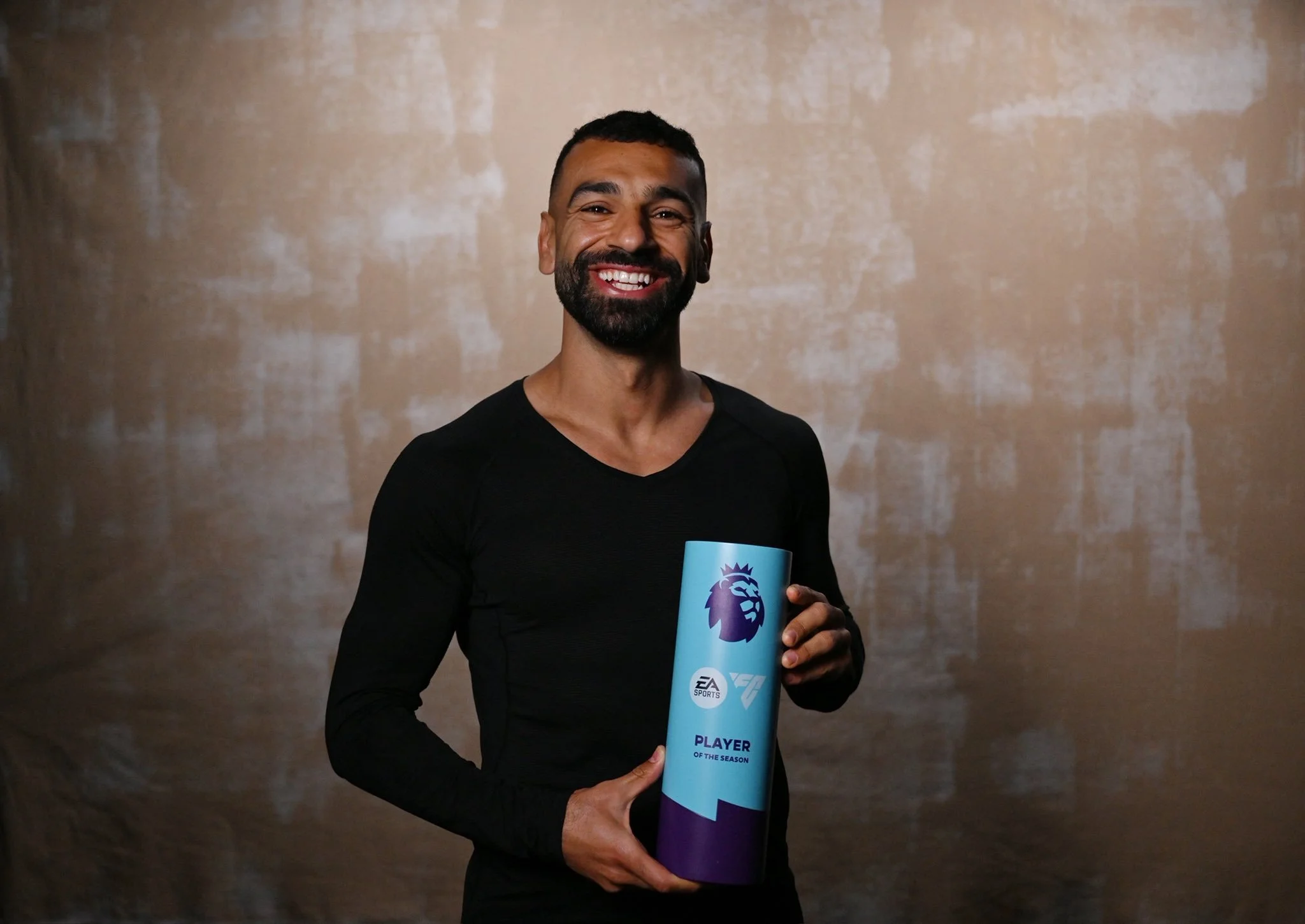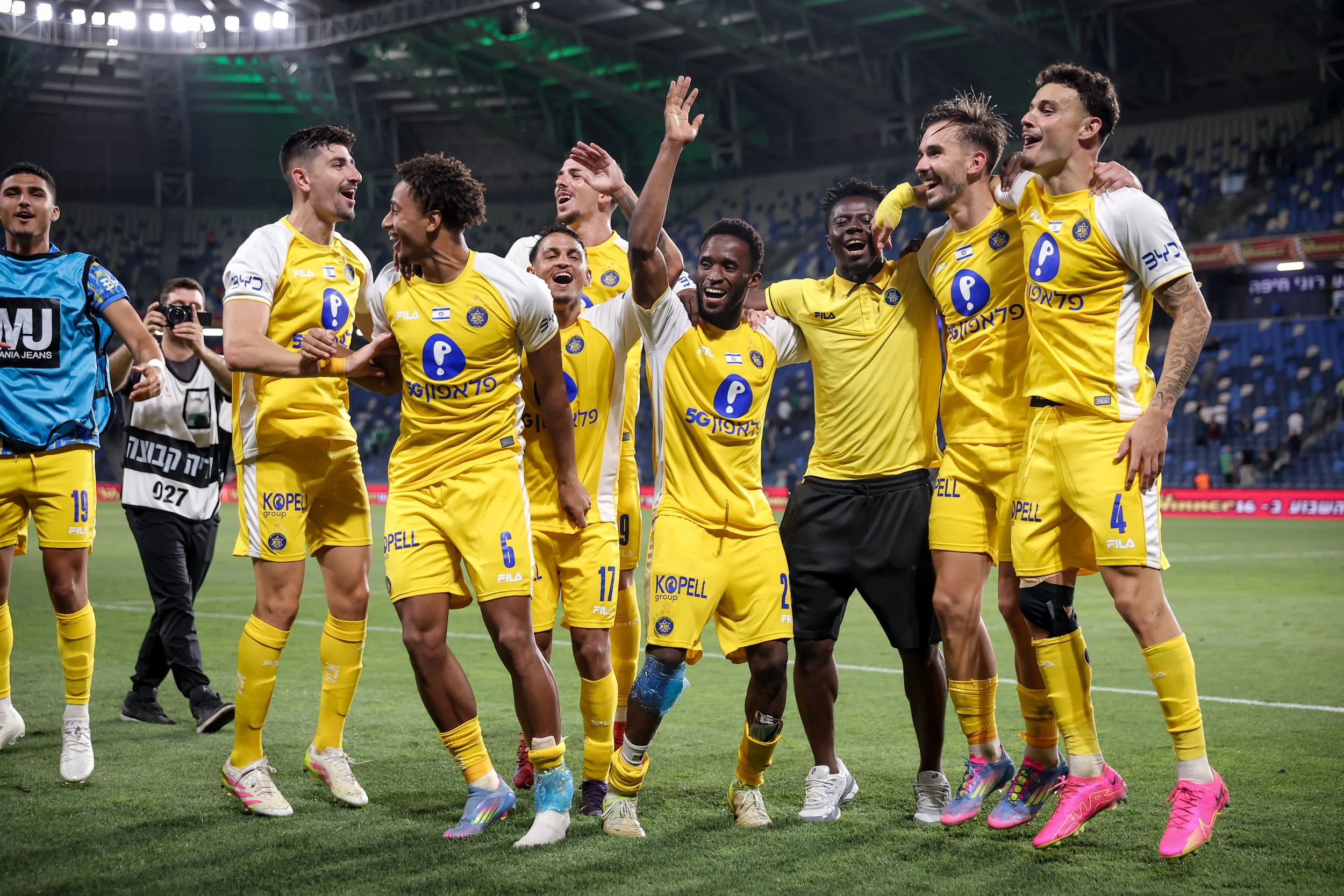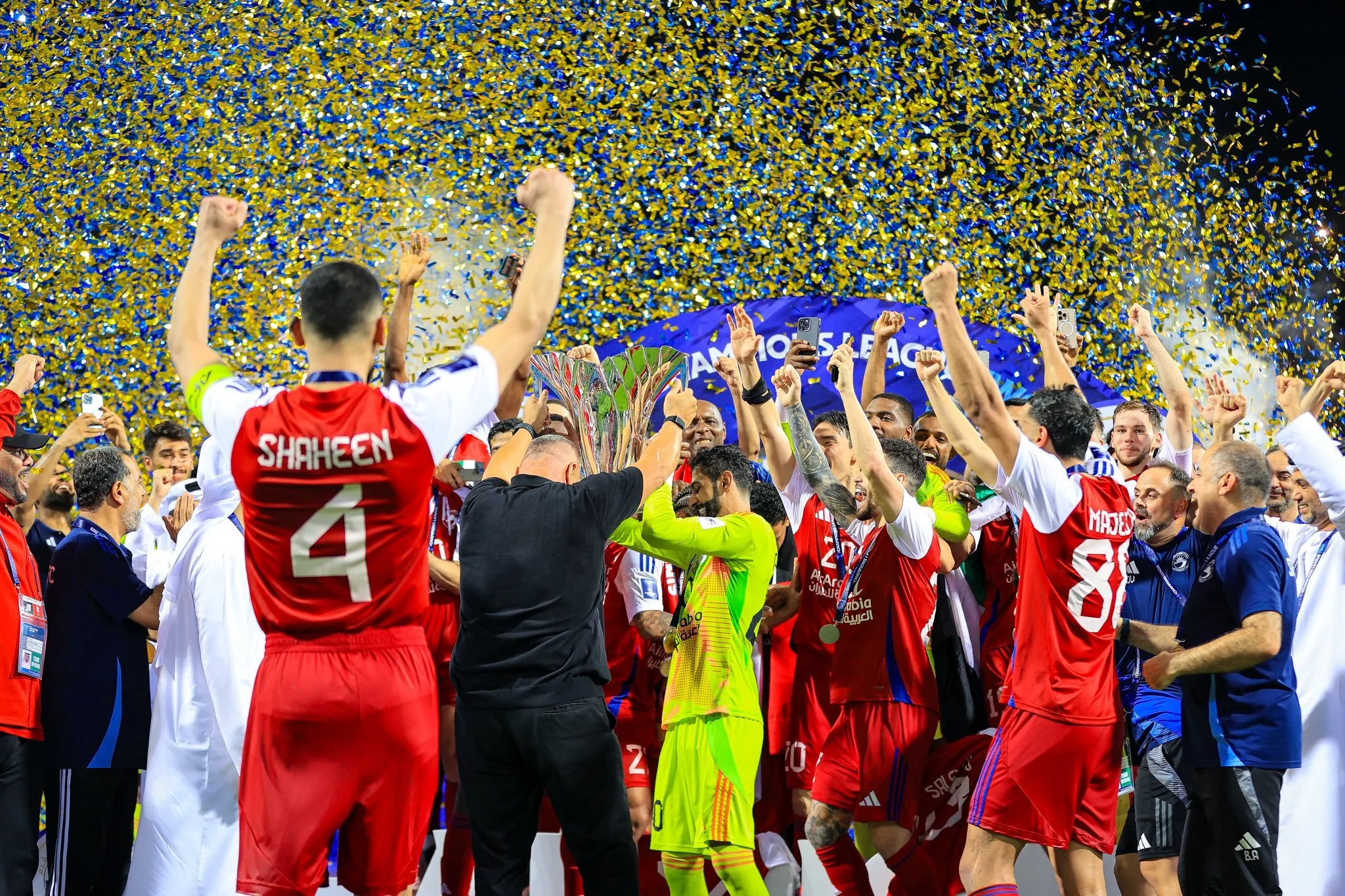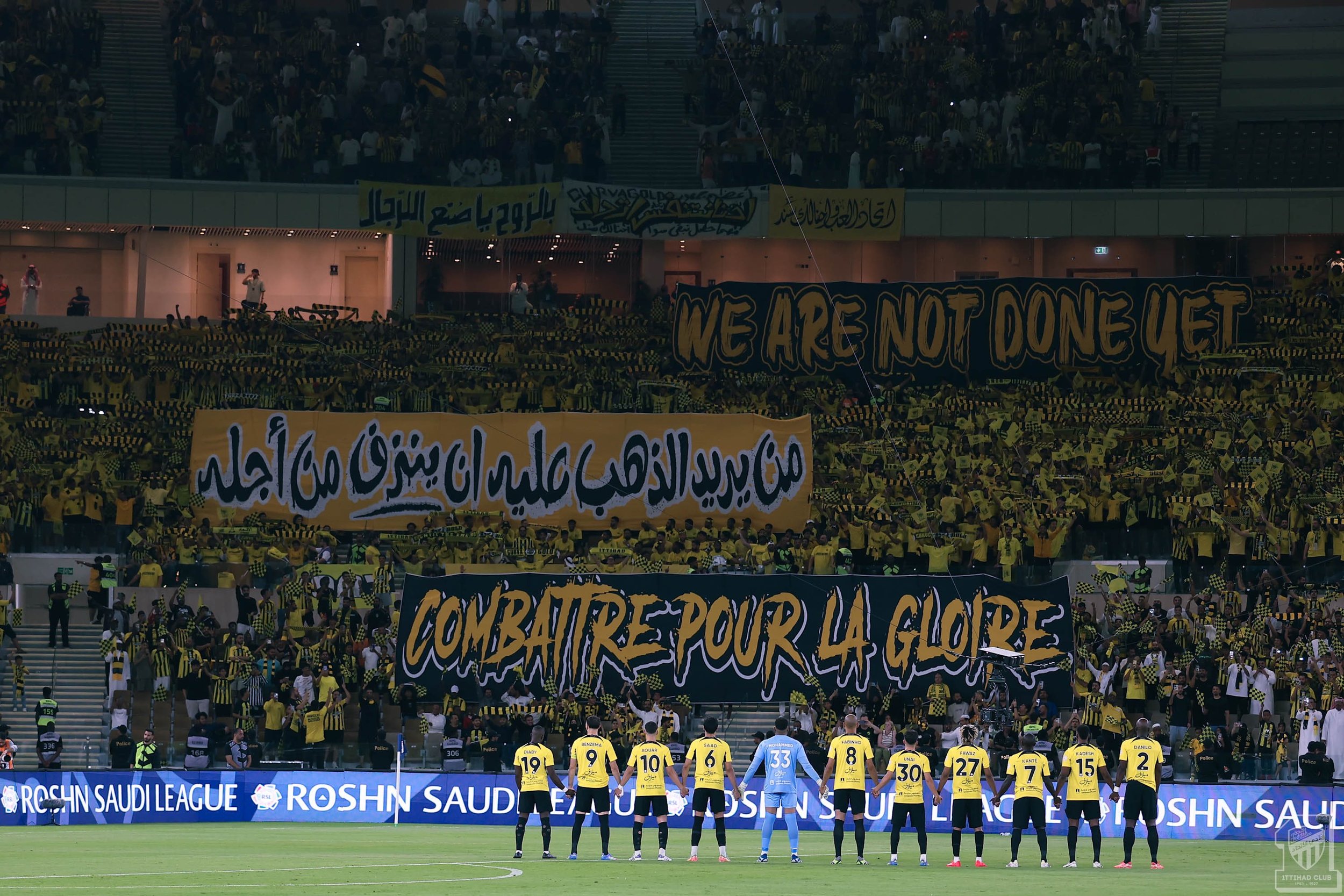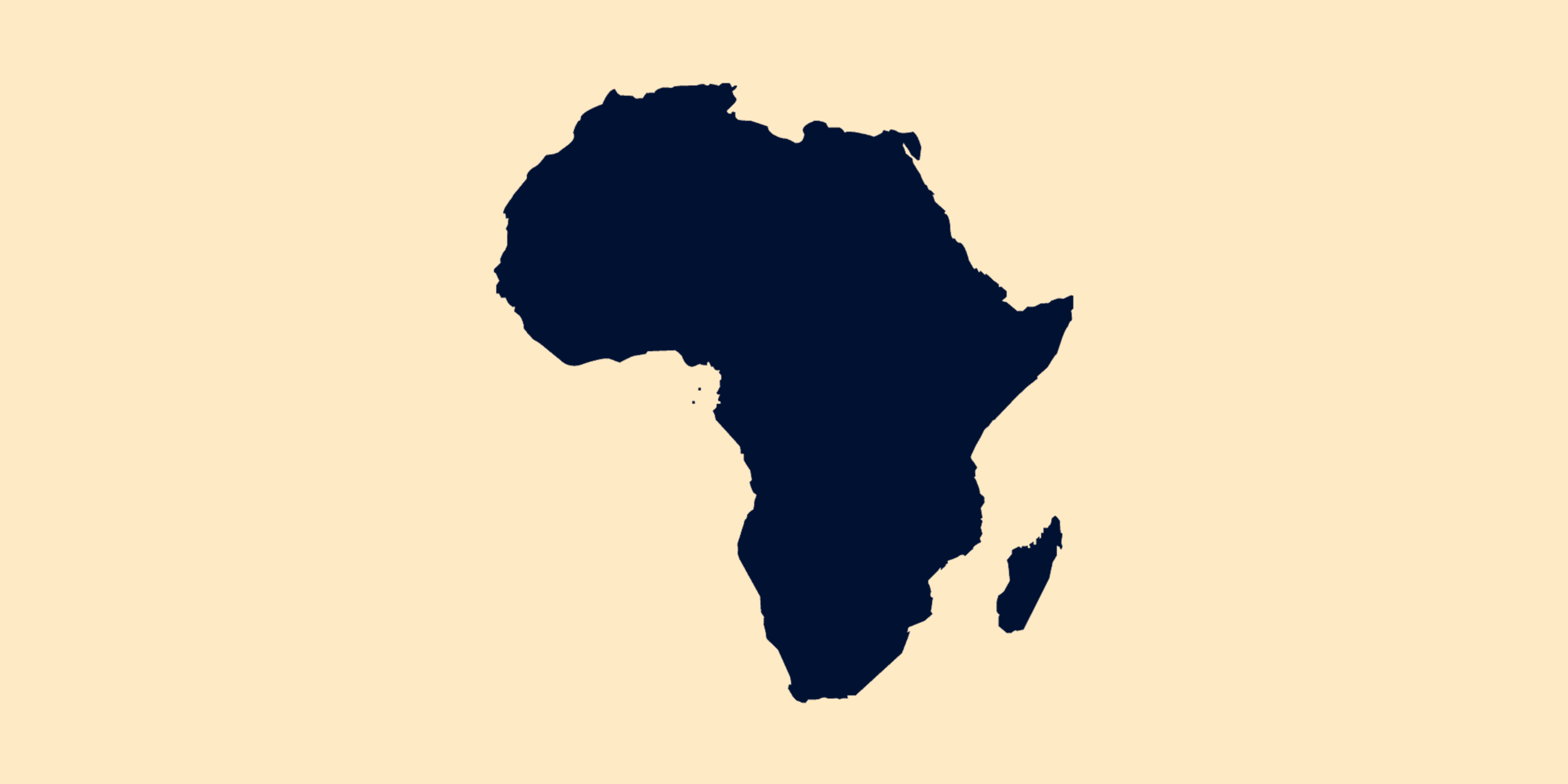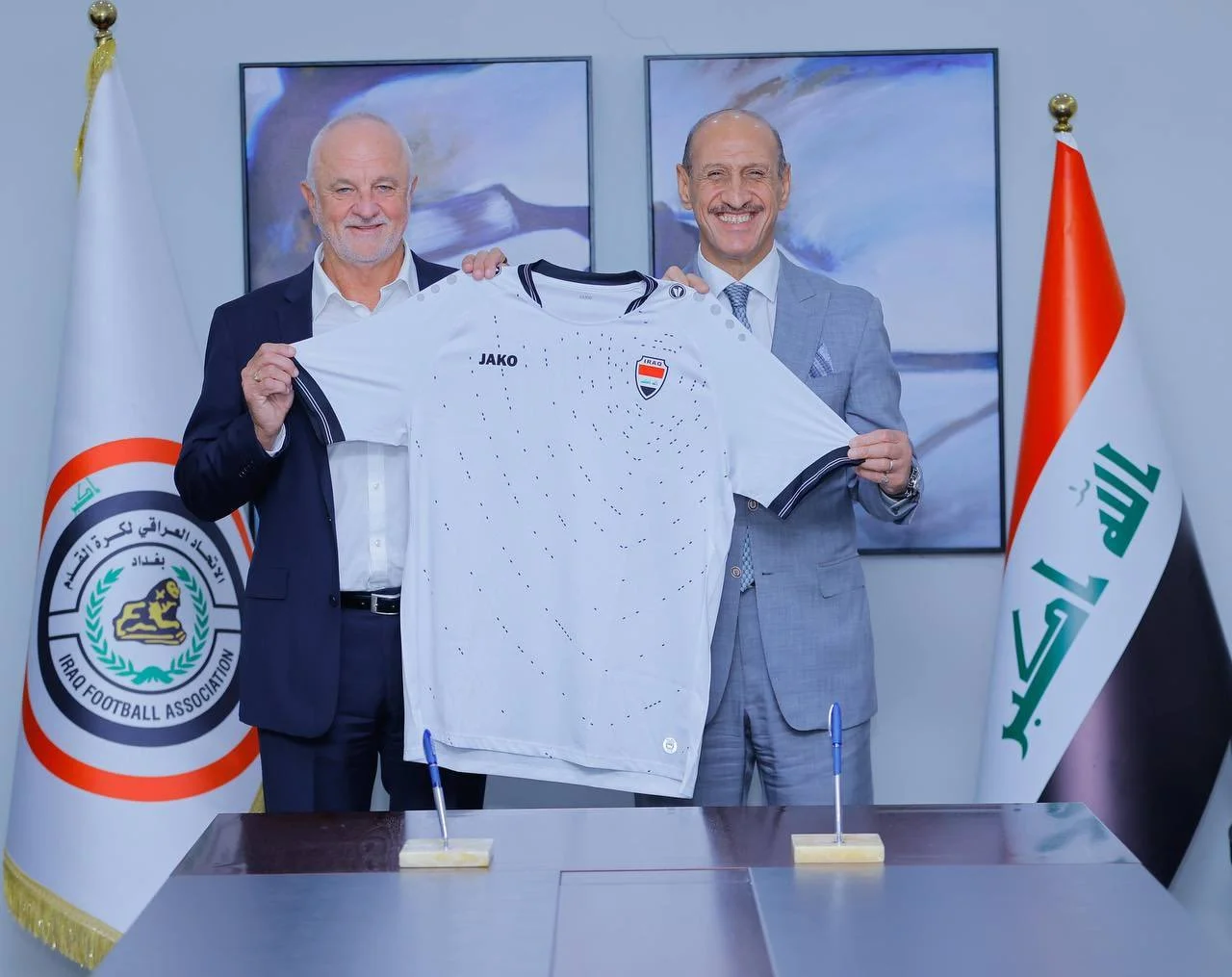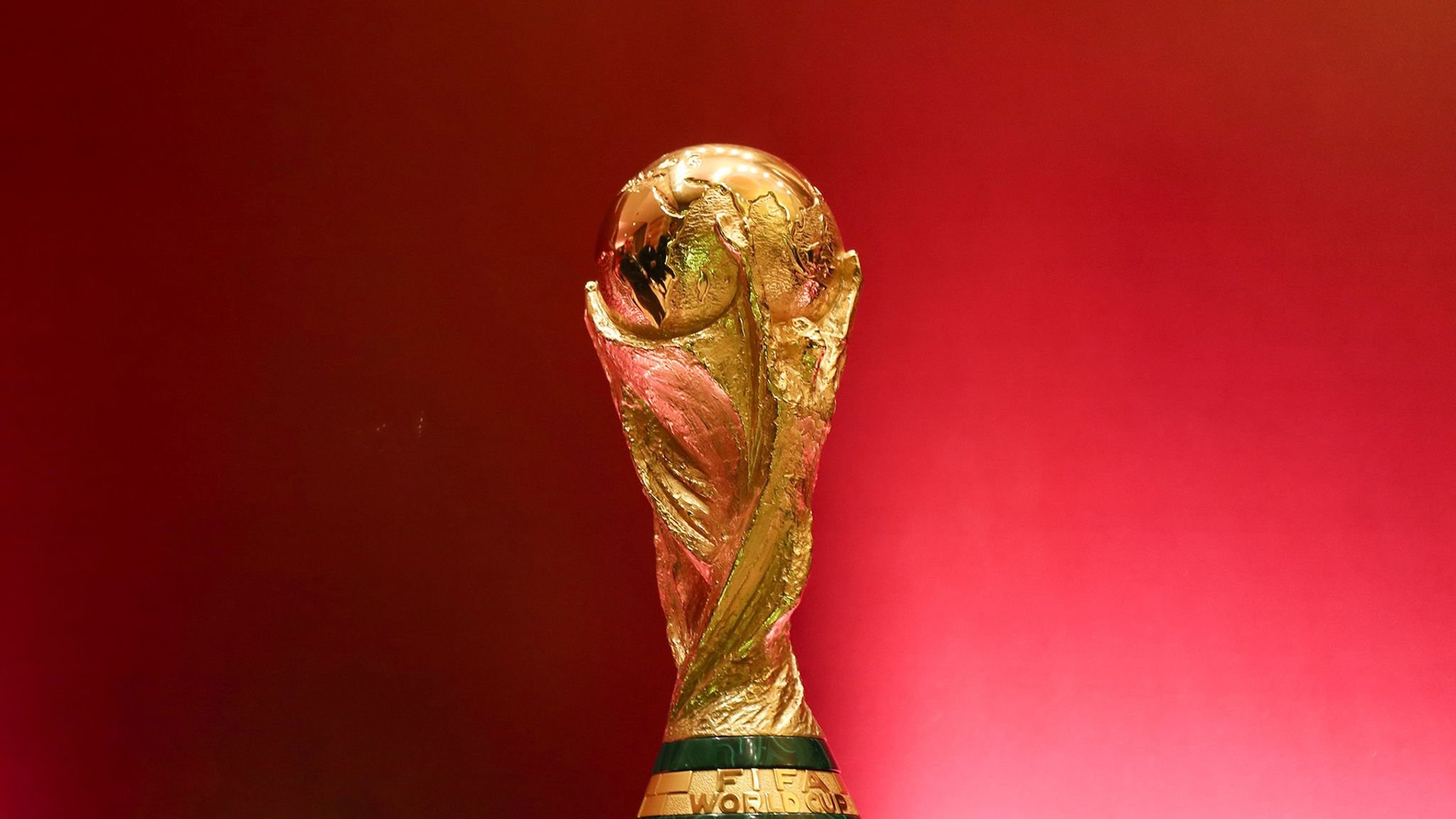“Impossible isn’t Moroccan.”
This catchphrase is returning among players, media and fans here in Qatar when speaking about the incredible journey of Morocco at this World Cup.
The first African nation, and the first Arab country to reach the semi-finals would become one of the most memorable teams in World Cup history.
Here’s a list of players and things that helped the Atlas Lions reach their unexpected peak in this eccentric version of the biggest football tournament of them all.
Morocco's players pray and thank their traveling fans for their support after losing to France ❤️ pic.twitter.com/kA0gMabZyk
— ESPN FC (@ESPNFC) December 14, 2022
Walid Regragui
The Moroccan-French coach has risen in status in this competition, and the relatively young coach is now one of the most interesting on the market.
Regragui took over this Morocco side in August, inheriting a broken dressing room from Vahid Halihodzic’s years, and built a disciplined, organized and combative unit that can take on any team in the world.
Sofyan Amrabat
The Dutch-born defensive midfielder, who has reminded many of his older brother, Nourredine, proved to be a completely different footballer than his talented, but problematic, big brother.
Amrabat was outstanding in every game for Morocco.
It didn’t matter who he was playing against - De Bruyne, Pedri, Bruno Fernandes, or Kylian Mbappe - Amrabat had them covered. One of the symbols of Morocco’s success.
Yassine Bounou
The Canada-born goalie, who grew up playing for Wydad Casablanca, has had the month of his life.
The La Liga Zamora winner was always on top form for Morocco - besides a bizarre incident before the Belgium game, when he was subbed off after the national anthem.
Bounou, or as the fans here call him, “Bono”, was spectacular for Morocco, with scores of great saves against the world’s top teams.
Yassine Bounou's son thinking the 🎤 to be 🍦 is supremely adorable! ❤️ #FIFAWorldCup pic.twitter.com/YTorvQwDvM
— FIFA World Cup (@FIFAWorldCup) December 14, 2022
Hakim Ziyech
Ziyech is Morocco's hero. And, in a way, he is also the hero of many Dutch football fans.
He arrived in Qatar as a problematic national team player, but here he showed that he can lead, guide and, most importantly, track back and defend like he never has before.
The wizard showed his resilience here, and sent a reminder of his talent to everyone who did not see him doing something special in Qatar.
Azzedine Ounahi
There are a few stars in this Morocco side, but there’s one not playing among the top tiers of football - Azzedine Ounahi.
He simply does what he wants with the ball, has tremendous game vision, and an endless work rate.
A young engine that can’t stop running and, after playing French third division football just two years ago, he has come across as one of the best players of the tournament.
Angers will be too small for him after this tournament - La Liga and Premier League clubs are waiting for him.
Azzedine Ounahi played in France’s third tier less than two years ago. He’s now at Angers, who are bottom of Ligue 1. He made his senior Morocco debut in January.
— B/R Football (@brfootball) December 14, 2022
He lit up the midfield in wins vs. Belgium, Spain and Portugal.
Now the 22-year-old is in a World Cup semifinal 🤩 pic.twitter.com/PaDr63UbxH
Mohammed VI and the football momentum
Not many are aware of the fact that Morocco’s success is also part of a tremendous investment of the state in the Mohammed VI compound in Rabat.
An academy built in the eyes of bigger academies world-wide, but with a Moroccan touch.
Nayef Aguerd, Ounahi and Youssef En-Nesyri are all products of this project, and have twice helped Morocco become the most rising nation in Africa.
Morocco won the CHAN twice in a row - 2018, 2020. Wydad won a second CAF Champions League - the second with Regragui as a coach. Raja Casablanca and Berkane won the CAF Confederation Cup.
Morocco is on a roll.
The mothers
One of the phenomena that made Morocco such a big hit in the Middle East is the fact that the mothers of the players and professional staff were an integral part of their journey in Qatar.
After each victory, they went down to the grass, and the sharp-eyed could spot a line of mothers behind the bench.
Arab unity in Doha
Morocco is special. It has a special status in the Middle East and among Arab countries.
This tournament highlighted it, as all the Arab fans gathered behind them in a rare display of unity, probably the biggest since the Arab Spring in 2011.
Every Morocco game was a home game thanks to the sheer number of fans in the stadium.
Song
There is no chance you’ve visited Qatar in the past month and haven’t heard or sang this song yourself.
“Oh oh, mabrouk aleina, hadhi al bidaya, hadhi al bidya, ma zal ma zal.”
It translates as “congrats to us, this is just the beginning, this is just the beginning, not yet [the end], not yet [the end].”
If Morocco continues this way, this song will become true - this is just the beginning for the Atlas Lions.
Edited by Alex Smith
Morocco fans are something else 👏🦁 pic.twitter.com/bfEDlEENGJ
— ESPN FC (@ESPNFC) December 14, 2022
